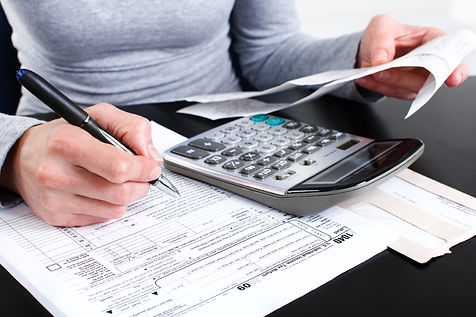An Overview of the Australian Tax Returns
Different countries have different implementation systems. In particular, let us briefly take a look at how the Australian tax returns work. The tax returns in Melbourne, Australia are normally up for filing on the 31st of October for the year ending 30th in the same calendar year. The financial year of Australia runs from July 1 to June 30, compared to the USA with a fiscal year that runs from October 1 to September 30. If the tax return is submitted through a tax agent, due dates have also extensions. Citizens submit their tax returns through post or electronically using software.
It is a fact that the taxation system in Australia is quite complex, and for this reason, 80% of Australians use tax agents to help them prepare their tax returns. Businesses in Australia may be required to pay taxes to all levels of their government, from the local to the state and federal levels. These taxes in Australia are used to serve the public needs such as the public hospitals and roads. The Australian tax law follows a very strict requirement when reporting. What you will declare to submit would be based on one's business structure and operation, whether the business is under sole trader, a partnership, a trust, and a company. Their law also considers tax on fringe benefits.
Australia has a federal government, and so their income tax is consistent all over the states. This was not the case before World War II, when there were various government states implementing their own income tax. Their taxes are mostly given back for the public's welfare.
If you are a company in Australia, your company must file a company tax return Brisbane. The return will be determined based on your company's net income minus the allowable deductions. The corporate income tax rate in this country is fixed at 30% of the net taxable income. This rate is similar to other countries like the United States, Mexico, New Zealand, Turkey and the United Kingdom, according to the OECD Tax Database. There are other countries though which have lower corporate income tax rates.
There are different ways on how to lodge tax returns depending on other conditions, such in a trust, partnership, and a sole trader. Basically, a trust files a trust tax return, a partnership files a partnership tax return, while a sole trader declares his or her taxes based on earnings from salaries or wages, dividends, etc. Visit http://www.huffingtonpost.co.uk/reno-charlton/why-use-accountants-for-business-tax-returns_b_3744488.html for more info.
